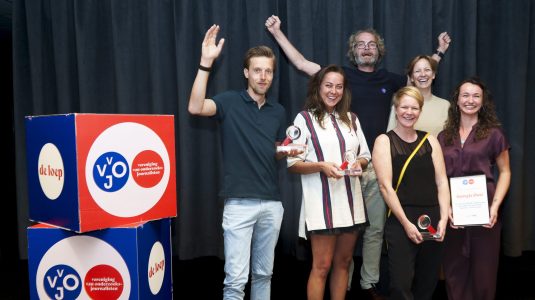“One of the first revelations to me was that financial journalism is not aimed at the public. It is aimed at the financial world,” Dutch journalist Joris Luyendijk said at a presentation at the DataHarvest 2014 conference in Brussels on May 10. For three years now, he has been writing about the financial world of London City. “My question was not: what is happening in the financial world today, but who are these people who are working in it, and what is happening there everyday.” This requires a different approach to journalism, he said.
Luyendijk started his banking blog for the Guardian by asking the readers whom he should talk to to find out. ” You can’t interview a banker in London without turning him into an ex-banker,” he explained. “For people in the industry will be fired when talking to a journalist without a pr-person present. So I called on my readers. End even though colleagues were sceptical, within 72 hours I had 50 volunteers.” In the end, Luyendijk talked with 200 people, and is currently reworking is three years worth of columns into a book aimed to be out later this year.
 Luyendijk portrayed a what he perceives to be truely corrupted ecosystem, but one that hardly ever crosses the line into the realm of the illegal. “In this system, you don’t have to break a single rule to still bring the financial world down. Therefore, focussing on wrongdoing is forgoing our most important role in journalism: telling our public how the world works. We can’t only focus on those breaking the rules, we have to look at those making the rules. We have to learn how they function. This calls for a different type of journalism, anthropological journalism.”
Luyendijk portrayed a what he perceives to be truely corrupted ecosystem, but one that hardly ever crosses the line into the realm of the illegal. “In this system, you don’t have to break a single rule to still bring the financial world down. Therefore, focussing on wrongdoing is forgoing our most important role in journalism: telling our public how the world works. We can’t only focus on those breaking the rules, we have to look at those making the rules. We have to learn how they function. This calls for a different type of journalism, anthropological journalism.”
So he used the anthropological approach of observation and listening, methods that are often overlooked in day-to-day journalism, he said. “News is that what today differs from what was news yesterday. That is hammered into journalism practice. News is that what is new for insiders. But if you are not an insider you don’t understand. I wanted to understand. So I used my anthropological skills. It also helped me not to be a journalist in asking neutral questions The most interesting stuff is the unknown unknowns. You can get that when you sit down and just listen.”
It made for columns on the web and in the paper in which Luyendijk (almost) disappears. “Classical journalism is about bringing a story on the front page. But not with this topic I was investigating. I had the perfect question but not the perfect answer. The web leant itself very well for this extended search for the question ‘Who are these people that almost brought the world as we know it down’. You disappear behind the story,” he added, “you become a discoverer and not and an authority figure who tells the reader what to think. That is a journalism paradigm change.”
Writing the banking blog sometimes was a humiliating experience for Luyendijk. For the comments thread on the website were often scathing. “I was insulted every day in the comment thread on the blog. If you would have made a word cloud of the comments thread, the words ‘idiot’ and ‘naive’ would have jumped out! So yes, this often was humiliating. I had to make sure I did not feel insulted. I chose to pose as the proverbial Dutch foreigner in the banking world: Kindharted but stupid.
 All of the interviews in the book will be anonymous. Luyendijk explained why. “It would cost people their job talking to me. So I couldn’t identify them other than through very common descriptions. Male/female, age, maybe position. But adding their race would often be giving them away already.” That is why there are no CEO’s in the book, he said. “You cannot anonymize a CEO. That feels as a weak spot, yes. But there was no way of working around that. I did speak to regulators, though. Not initially, but when I realized no regulators were reacting to my blog, I headline one column ‘Regulators are stupid’. Within 24 hours I had several who contacted me and wanted to talk.”
All of the interviews in the book will be anonymous. Luyendijk explained why. “It would cost people their job talking to me. So I couldn’t identify them other than through very common descriptions. Male/female, age, maybe position. But adding their race would often be giving them away already.” That is why there are no CEO’s in the book, he said. “You cannot anonymize a CEO. That feels as a weak spot, yes. But there was no way of working around that. I did speak to regulators, though. Not initially, but when I realized no regulators were reacting to my blog, I headline one column ‘Regulators are stupid’. Within 24 hours I had several who contacted me and wanted to talk.”
There isn’t a publication date available for the book yet. But it will be the book, “that I would have loved to read when I started this research,” Luyendijk said to loud laughter. “Absolutely, for then I would have been able to go into the fascinating world of these bankers more deeply. But there was nothing for me to read when I started except anthrolopogical books on the methodology. I guess more journalists should do so too.”
Zie video fragmenten van Luyendijks voordracht op de site van Journalismfund.eu, waar ook tips en handouts staan van DH Plus.
Voor meer over ‘de methode Luyendijk’ lees VVOJ-bestuurslid Luuk Sengers’ bijdrage voor De Nieuwe Reporter.








